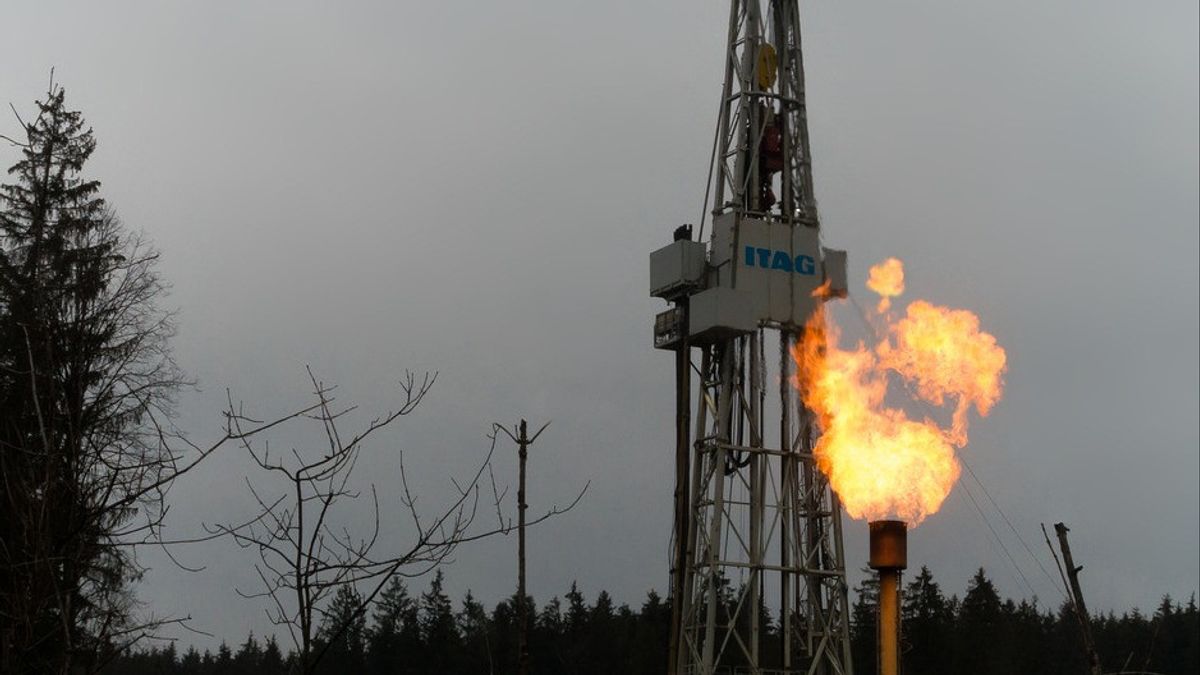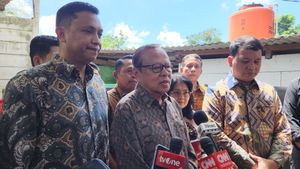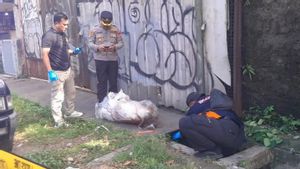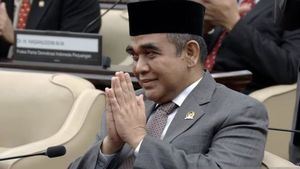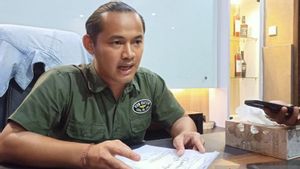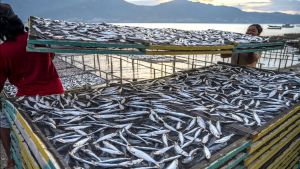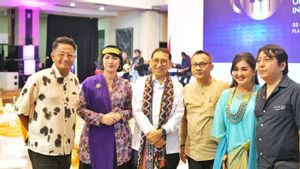JAKARTA - On various occasions recently, President Joko Widodo has been unable to hide his anger because the oil and gas balance deficit (DNM) is increasing, which further suppresses the trade balance deficit (DNP). Based on data from the Central Statistics Agency (BPS), DNM in September 2019 increased 42 percent to 1.43 billion US dollars compared to DNM in August 2019.
As a result, the DNP in September 2019 experienced a deficit of 160.5 million US dollars compared to the trade balance surplus in August 2019 which reached 85.1 million US dollars. An observer of Energy Economics at Gadjah Mada University (UGM), Fahmy Radhi, believes that the main cause of DNM is the increase in imports of fuel oil (BBM) and Liquid Petroleum Gas (LPG).
BPS data shows that in 2019 the import of BBM reached 800 thousand barrels per day, while LPG imports reached 2,800 million standard cubic feet per day (MMscfd) or about 70 percent of the total national need of 4,000 MMscfd.
"With such a large import, the subsidy for 3 kilograms of LPG will increase, reaching Rp 100 trillion per year," Fahmy told VOI, Monday, December 23.
He said one of the efforts that could actually be made by the government was to optimize the use of natural gas, which is still abundant. Based on the Indonesian Natural Gas Balance book for the period 2018, Indonesia's gas lifting in 2018 reached 8,048 MMscfd, an increase compared to 2017 lifting of 7,452 MMscfd.
"The optimization of natural gas is intended for the electricity sector, the industrial sector, the transportation sector, and the household sector. For the electricity sector, natural gas can be used as fuel for Gas Power Plants (PLTG) and Steam Power Plants (PLTGU), which replace fuel energy, "he explained.
He explained that in the industrial sector, natural gas is used as raw material for the fertilizer and petrochemical industries. In the transportation sector, natural gas is used as fuel gas (BBG) for land and sea transportation, which replaces BBM. Natural gas can also be used for cooking in the household sector through the gas network (Jargas), which replaces LPG.
"In order to optimize the use of natural gas, the government must take an active role in resolving the problems it is still facing. First, the government must allocate funds from the state budget to finance the construction of pipeline and jargas infrastructure, which is still needed for the distribution of natural gas from gas sources upstream to gas. end consumers in the downstream, both industrial consumers and household consumers, "he said.
Second, he continued, the government will also encourage Pertamina to build gas stations at most Pertamina gas stations, especially in big cities. Third, the government must provide converter for motorized vehicles to change the function of machines that use BBM to become BBG.
With these three efforts, it is hoped that natural gas will become the main energy and substitute for the electricity, industry, transportation and household sectors.
"The use of natural gas in these four sectors will not only reduce oil and gas imports in large numbers, but also reduce the 3 kg fuel and LPG subsidies, which have been burdening the state budget," he concluded.
The English, Chinese, Japanese, Arabic, and French versions are automatically generated by the AI. So there may still be inaccuracies in translating, please always see Indonesian as our main language. (system supported by DigitalSiber.id)
